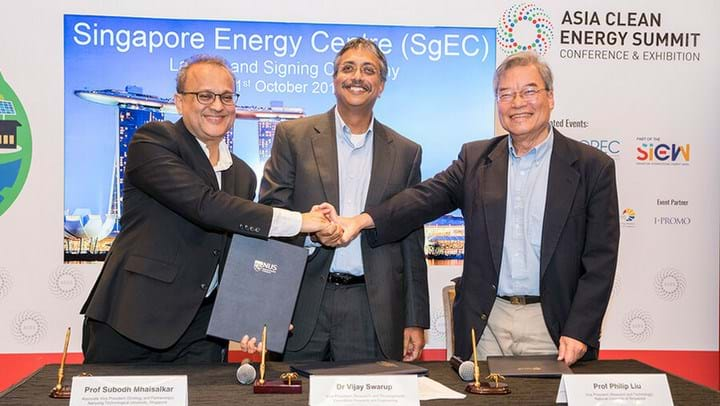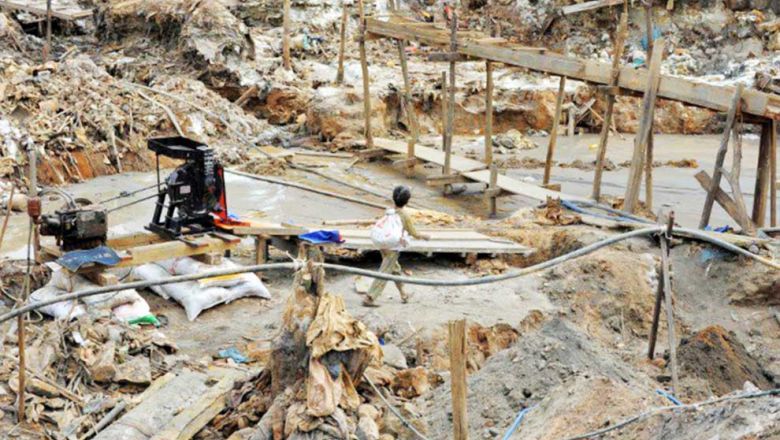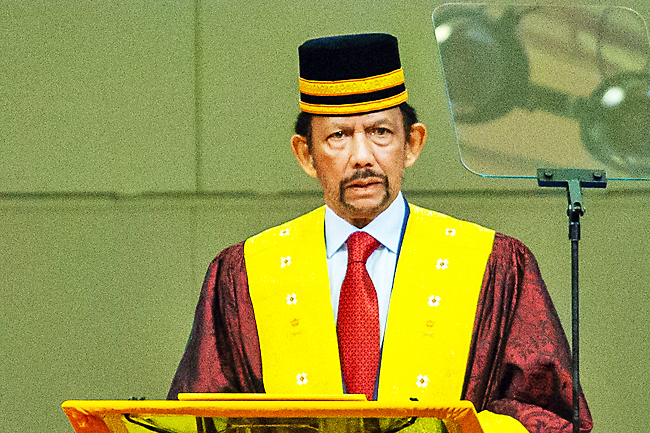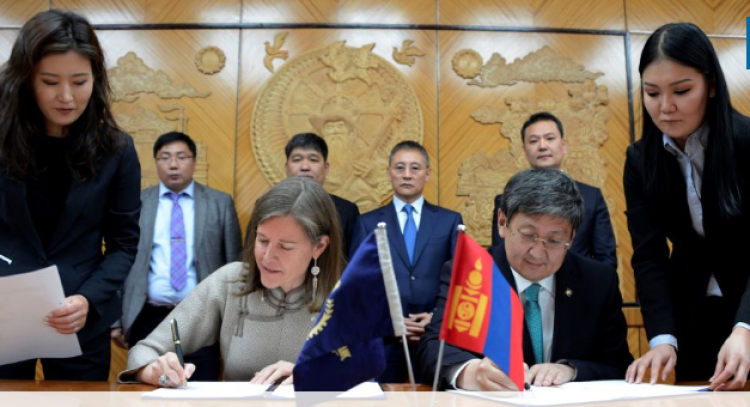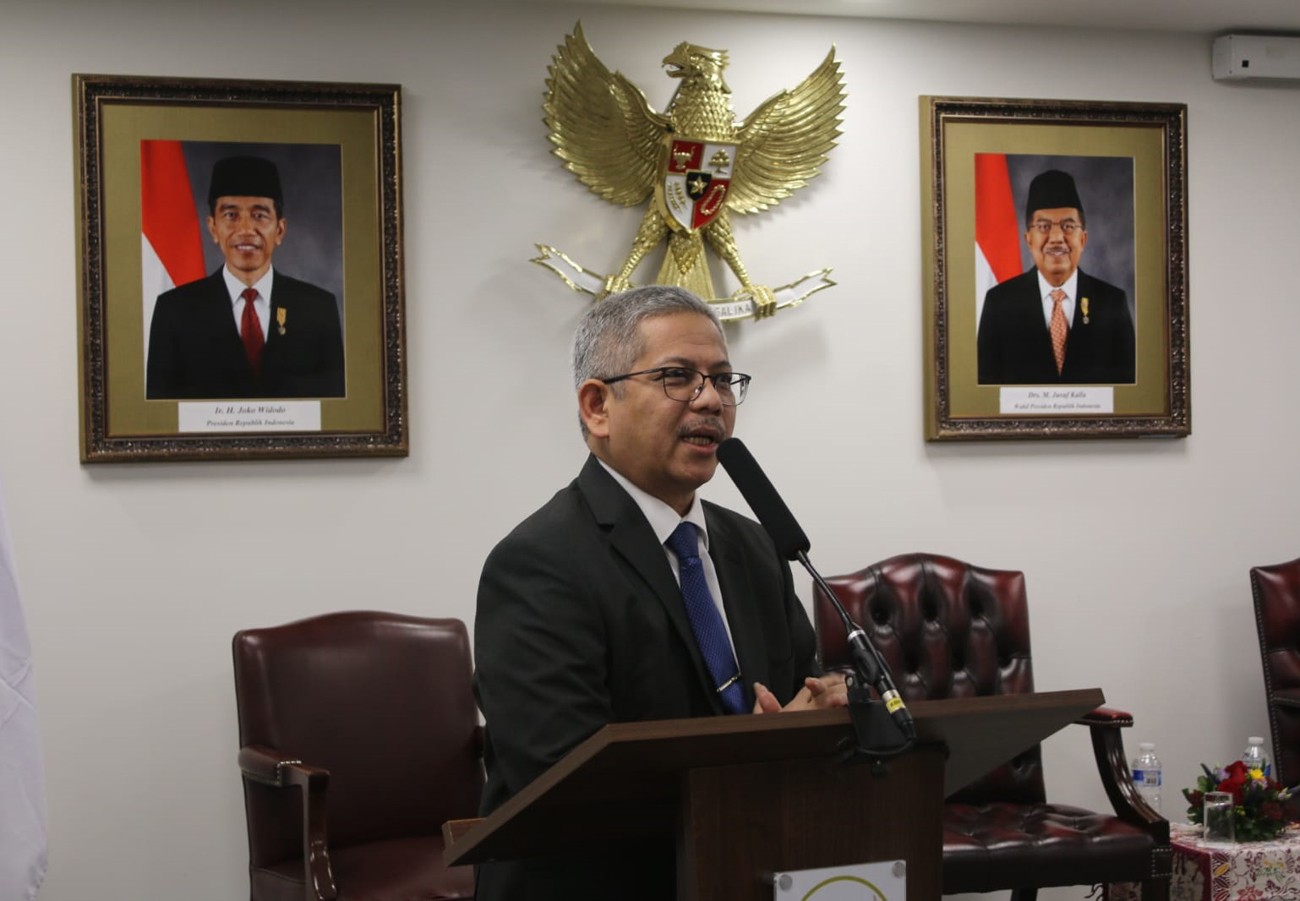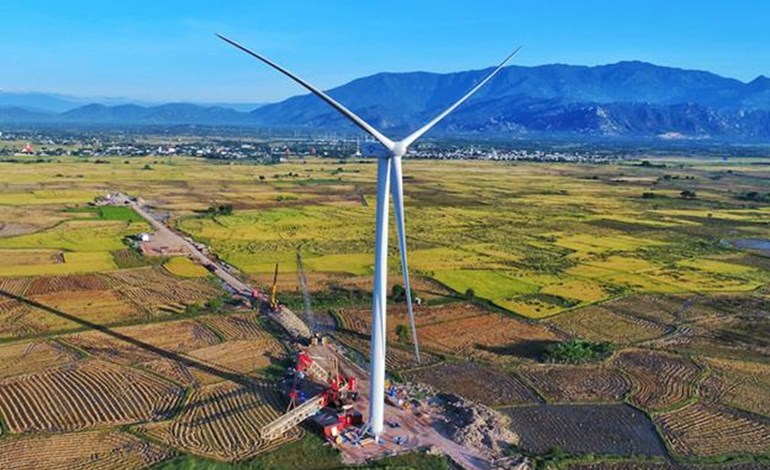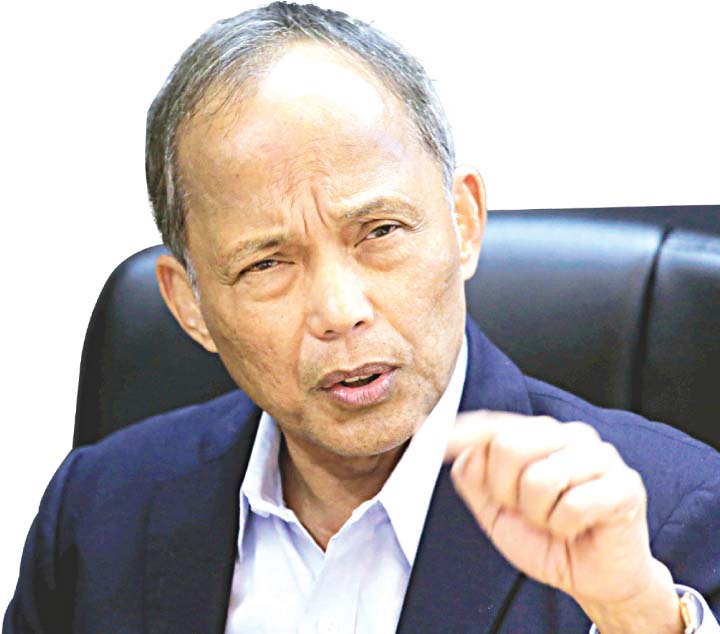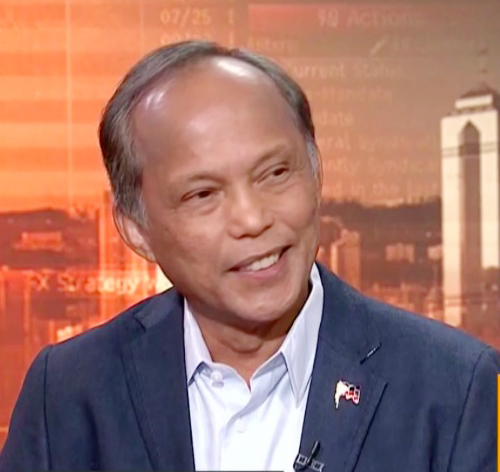- Energy Cooperation ,
- Renewables
–
- Singapore
EXXONMOBIL has announced that it will be contributing US$10m to the Singapore Energy Centre. The announcement was made on 31 October at Singapore International Energy Week 2018.
The Singapore Energy Centre was created as a joint effort to transform the energy landscape and address future sustainability challenges. ExxonMobil will be the first founding industrial member of the centre which is co-led by the Nanyang Technological University (NTU), Singapore, and National University of Singapore (NUS).
ExxonMobil signed a memorandum of understanding to become a founding member in November 2017. The five-year commitment represents the company’s first such research and development partnership outside of the US. As part of the partnership ExxonMobil researchers and scientists, as well as other industry contributors, will collaborate with faculty and students at the universities.
ExxonMobil will support the centre’s wide range of early stage research projects. The centre will initially focus on areas such as bioscience; carbon capture, utilisation, and storage; and energy and water efficiency.
Vijay Swarup, vice-president of research and development at ExxonMobil Engineering and Research Company, said at a signing ceremony held during Singapore International Energy Week: “The Singapore Energy Center will serve as a focal point for close collaboration between universities and industry in exploring solutions for addressing the dual challenge of meeting society’s growing energy needs while addressing the risks of climate change. With projected energy demand growth across Asia-Pacific, it’s critical that the public and private sectors work together to advance scalable, next-generation energy technologies while reducing the environmental impact of energy production.”
Gan Seow Kee, chairman and managing director of ExxonMobil Asia Pacific Pte, said: “ExxonMobil’s participation in the Singapore Energy Center further enhances our technological capabilities in the country, and complements our already strong manufacturing and commercial presence. Our participation in the company’s first energy centre outside of the US builds on our long and thriving relationship with these two leading universities in Asia.”
NTU and NUS are extending invitations to other leading companies to join the centre. This will help to foster interdisciplinary research collaborations between academia and industry.
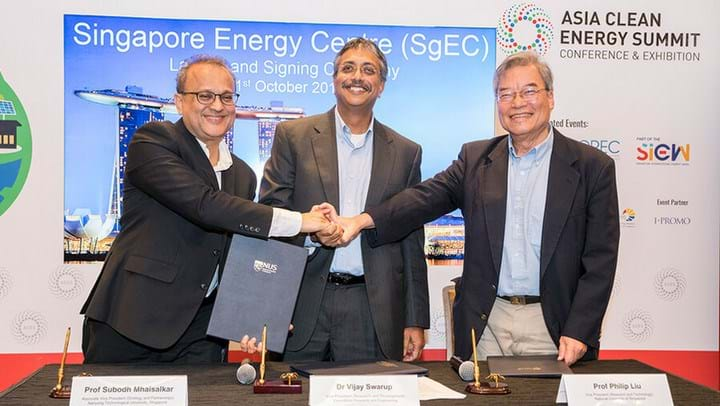
The Singapore Energy Centre participated in the Asia Clean Energy summit. The summit is a two-day event held as part of Singapore International Energy Week.
The Singapore Energy Centre
The Singapore Energy Centre was launched on 31 October 2018 by NTU, NUS, and ExxonMobil. The centre aims to tackle technological and socioeconomic issues in sustainable energy development, and to groom talent in related fields. Initially it will focus on developing next-generation technology. ExxonMobil will provide US$10m funding over the next five years. The topics being explored for funding by ExxonMobil include but are not limited to:
- Bioscience: Discovering novel materials and process designs for making fuels and chemicals to help lower carbon dioxide emissions.
- Carbon capture, utilisation, and storage: Exploring a broad range of technologies to capture, store and utilise carbon from industrial applications. This could help reduce carbon emissions in line with Singapore’s national goals.
- Energy and water efficiency: Exploring technologies to reduce plastic waste, water, and energy consumption during manufacturing whilst still providing for the needs of a growing population and economy.
These research projects embody the concept of a “green economy” which is a key focus of the Sustainable Singapore Blueprint. The blueprint aims to transform Singapore into a hub for sustainable development that encourages businesses to adopt greener practices.
Professor Chen Tsuhan, deputy president of research and technology at NUS, said: “This strategic partnership will enable consortium members to identify issues of common interest to the industry and co-develop solutions with the two universities. This approach will bridge the gap between early-stage research and economic-centric applied research, both of which are needed for development of long-term sustainable energy solutions.”
Professor Lam Khin Yong, vice president of research at NTU, said: “This joint centre will take ideas nurtured at the lab into industry, and also study the environmental impact of innovations, as well as business and economic models for its research projects.”
The Singapore Energy Centre is jointly led by NUS and NTU. NTU will hold the directorship for the first two years starting in 2019, and NUS will lead for the following two years.


